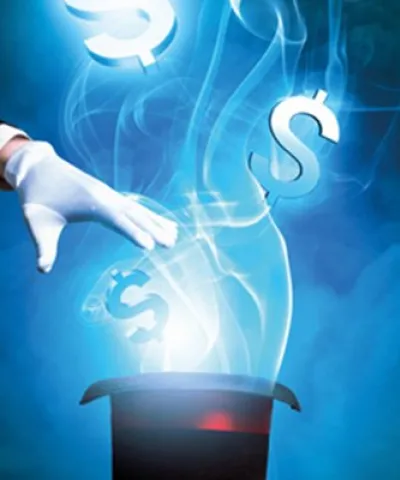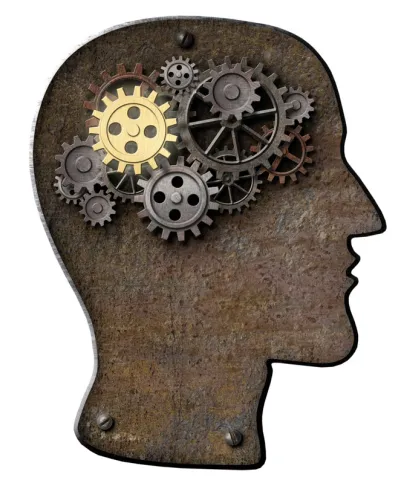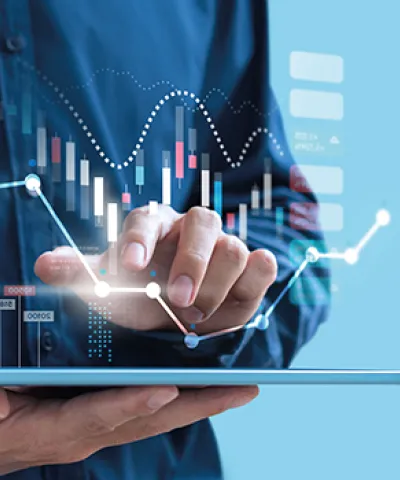The power of price perception
Tap into the full potential of your pricing strategy by embracing psychological pricing and behavioral economics.
Psychological pricing uses deep insights into consumer behavior and cognitive biases to drive purchasing decisions and boost sales. By understanding how customers feel and think, you can create strategies that foster loyalty and enhance perceived value. All while growing your business.
Explore how psychological pricing and behavioral economics can transform your approach.
What is psychological pricing?
Behavioral economics studies how psychological, social, cognitive, and emotional factors influence economic decisions. Psychological pricing leverages these insights to influence consumer behavior by setting prices that appeal to customers' emotions and perceptions.
Psychological pricing requires a nuanced understanding of behavioral economics and customer behavior to yield optimal results while maintaining consumer trust and satisfaction. Companies looking to use such pricing techniques should seek the advice of experts to ensure effectiveness and ethical implementation.
This is where Simon-Kucher can offer invaluable expertise and guidance. With our knowledge of pricing strategies and consumer psychology, we help you develop pricing that resonates with customers, drives sales, and enhances value.
Price thresholds
Price thresholds are the specific price points at which consumers perceive a significant change in value or affordability. These thresholds can vary depending on factors such as individual preferences, product category, and market conditions. By strategically pricing products around these thresholds, you can effectively influence consumer perceptions, stimulate demand, and maximize revenue.
Anchoring
Behavioral economics shows that people rely heavily on the first piece of information they receive when making decisions. Customers also have a hard time assessing value in isolation and rely on comparisons. In psychological pricing, presenting a higher-priced item first can make other items seem more affordable by comparison.
Odd-even pricing
Odd-even pricing, or "charm pricing," is where prices are just below a whole number (odd) or at a whole number (even). Prices ending in ".99" or ".95" appear significantly lower than they actually are, even if the difference is minimal. This can influence customers to perceive your offer as a better deal or value for money.
Loss aversion
Behavioral economics suggests we make decisions from a desire to maximize pleasure and minimize pain. Customers also prefer avoiding losses over acquiring equivalent gains. This connects to psychological pricing when pricing and framing your offers.
Mental accounting
People categorize and treat money differently depending on its source or intended use. Psychological pricing influences how customers account for their spending. Manageable units like monthly payments can be more appealing than a lump sum.
Discounts and sales
People are more likely to purchase when they perceive a good deal. Buy one get one free offers are a prime example. Psychological pricing strategies, such as highlighting discounts, capitalize on this by creating a sense of urgency and value.
Product bundling
Behavioral economics shows that people often struggle with valuing individual components in a bundle, leading to perceived higher value.
At Simon-Kucher, we specialize in identifying the most effective psychological pricing tactics tailored to your unique business needs. Our proven methodologies and deep industry expertise will help you understand consumer behavior, optimize pricing, and drive significant growth. Get in touch today.
Companies can apply psychological pricing techniques across a wide range of industries. Any company that must price goods or services will benefit from psychological pricing strategies to some extent. The key is understanding your target audience, purchasing behaviors, and which pricing tactics are most likely to resonate.
Some sectors are particularly well-suited to leverage these strategies due to their specific market dynamics and consumer behaviors. Here is where psychological pricing can be especially impactful:
Retail stores
Retailers, both online and brick-and-mortar, frequently utilize psychological pricing to influence consumer behavior. This includes supermarkets, clothing stores, electronics retailers, and department stores.
Hospitality
Hotels, resorts, and travel companies use psychological pricing. This could be to promote bookings, e.g., room rates ending in "99", or to create a sense of urgency, e.g., through time-limited discounts.
E-commerce
Online retailers often employ dynamic pricing strategies, personalized pricing, and "you may also like" suggestions. All of these strategies can benefit from psychological pricing principles.
Food and beverage
Restaurants, cafes, and bars utilize psychological pricing to influence menu choices, promote specials, and increase average order value through strategies like tiered pricing and bundling.
Several product and service attributes align well with principles of behavioral economics, making them particularly suitable for leveraging psychological pricing tactics to influence consumer behavior. For example, subscription models capitalize on principles of inertia, loss aversion, and commitment bias to encourage long-term customer retention and loyalty. Products that involve significant financial investment or emotional stakes are ripe for leveraging tactics that address consumer concerns, alleviate risk, and reinforce confidence in the purchase decision.
That's why it's important to have a deep understanding of your product and target audience. Simon-Kucher can help you identify attributes that align well with principles of behavioral economics and influence purchasing behavior effectively. Contact us today.
Psychological pricing has its pros and cons. While these strategies can drive sales and influence purchasing decisions effectively, it is essential to use them judiciously. Over-reliance on such tactics can erode trust, reduce profit margins, and impact the perceived quality of products. Balancing psychological pricing with transparent, value-driven pricing strategies is crucial for sustainable success.
Customers might consider overuse of charm pricing as a gimmick, reducing confidence in the fairness of pricing. Techniques like the decoy effect or extreme discounting can backfire. Especially if customers feel you are tricking them into making a purchase.
What's more, psychological pricing often focuses on making prices seem lower. This can train your customers to become overly price-sensitive. Overdo this strategy, and it may be difficult to raise prices in the future without losing customers all together.
Remember: in competitive markets, relying heavily on discounting can lead to a downward spiral. The aim of psychological pricing is not to continuously lower prices and outdo competitors. Rather, your goal should be to communicate and highlight the value of your own offering.
Simon-Kucher can help you develop effective pricing strategies that emphasize value over discounts. Contact us today to discover the psychological pricing tactics tailored to your business and drive growth through strategic pricing.
How we've helped
Grow your revenues with Simon-Kucher
Get in touch
With 40 years of experience, we help you prioritize and implement the right commercial growth strategies to outperform market trends. We take a 360 degree approach to understand the behavior and needs of the market, combining our expertise and agile mindset with our client’s knowledge to unlock your sustainable, profitable growth potential and do so at pace.







